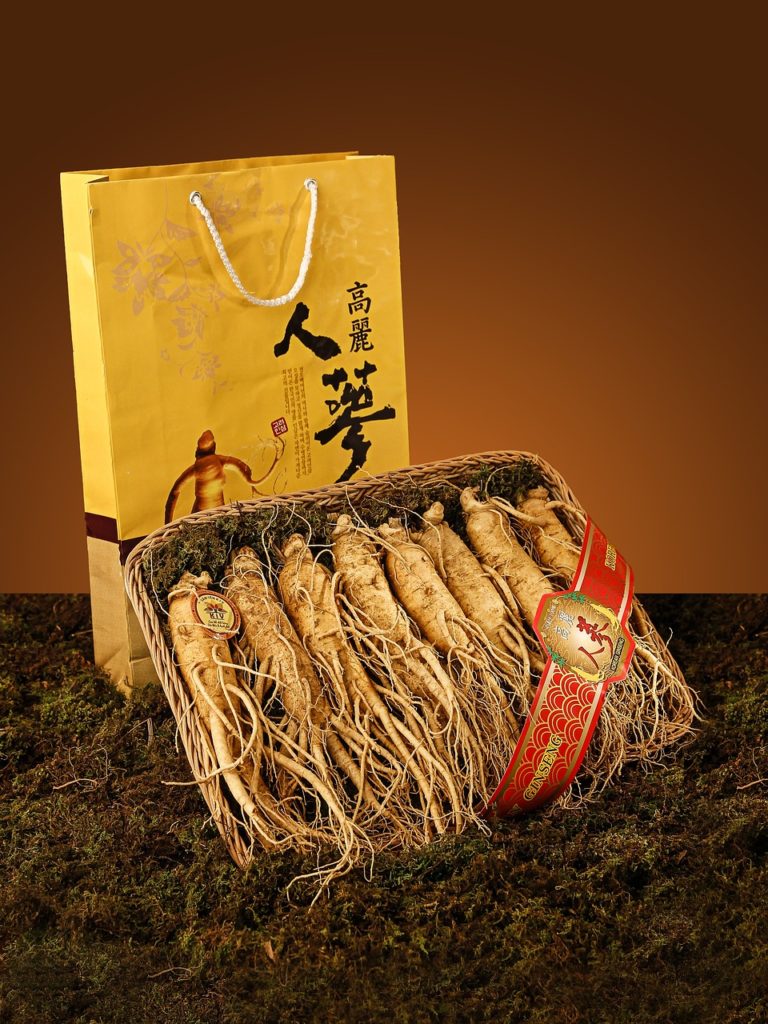The Korea Ginseng Association (http://www.korean-ginseng.org
Korean Ginseng was proved in a research in 2002 done by the Chung-Ang University Ginseng Industrial Research Center to have higher levels of the six main active nutrients — G-Rb2, G-Rh1, Ge, G-Rg1, G-Rf and Se — in a study comparing ginseng from Korea, Japan, Canada and China.
Rural Development Administration have also released the results of a 10-year research study in 2017, letting the public know of the effects of Korean Ginseng.
90 test subjects with no cognitive disorders were ordered to take 3 grams of ginseng powder for 6 months — after which their visual learning and memory ability tests scored twice higher compared to those who didn’t.
70 test subjects with no cognitive disorders were ordered to take 3 grams of white ginseng powder for 12 weeks. The test subjects’ stress levels were analysed which showed an improvement in the quality of sleep and also a decrease in anxiety by 48.1%.
In animal testing, ALT (alanine aminotransaminase) and AST (aspartate aminotransferase) levels which increase during liver failures, also decreased by 38.7% and 31.9% respectively.
Fresh Ginseng with a moisture content of more than 75% is maintained in its original form. It is usually dried, brewed into a tea, blended with milk and honey or is used in cooking for chilled vegetables, kimchi and chicken stews.
Mr. Han, manager from The Korea Ginseng Association stated: “Korean Ginseng has been proven in various tests which proves its effectiveness in the improvement of the immune system, liver damage protection, blood sugar level improvements and anti-aging. We recommend consuming ginseng in its fresh state. We are expecting high interests from overseas visitors at our ginseng festivals from the 5th until the 28th of October, in key regions across South Korea.”
SOURCE The Korean Ginseng Association

